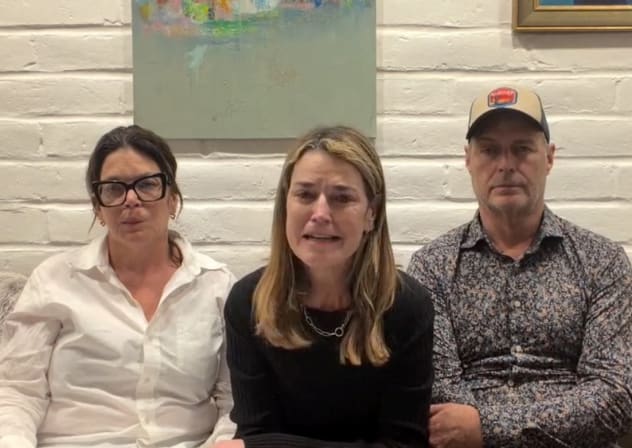UK terror ban on pro-Palestine group unlawful, court rules after appeal
The ban had put Palestine Action on a par with Islamic State or al Qaeda and made it a crime to be a member, which carries a maximum sentence of 14 years in prison.

The ban had put Palestine Action on a par with Islamic State or al Qaeda and made it a crime to be a member, which carries a maximum sentence of 14 years in prison.




Ruemmler said she "made the determination" that the media attention was distracting from her work, with Goldman Sachs CEO David Solomon noting, "I respect her decision."

Venezuela's Delcy Rodriguez defends Maduro as the rightful leader and signals diplomatic progress with the US, amid growing cooperation and oil sales.

Much of the oil is being refined in US refineries, and the administration of US President Donald Trump has handed over proceeds from the sales to Venezuela’s interim government, Chris Wright said.

Gen. Hassan Kabroun claimed the area was under the full control of the Sudanese Armed Forces and “does not require transporting any military equipment using aid convoys as decoys.”

An email from Oz and his wife to Jeffrey Epstein has a subject line reading "Mehmet and Liza Oz's Valentine's Day Celebration" and contains a link to a digital invitation.

The suspect has been described by the FBI as a man of average build who is approximately 5’9” - 5’10” tall.

Delegations from at least 20 countries, including many heads of state, are expected to attend the meeting in Washington, DC.

Qatar's $1.1B investment in US universities in 2025 has made it the largest foreign donor. What does this mean for academic research and national security?

US Defense Secretary Pete Hegseth is not attending the meeting at NATO headquarters in Brussels; instead, Colby, who holds the Pentagon's No. 3 post, is representing the US.

The Arleigh Burke-class destroyer USS Truxtun and the Supply-class fast combat support ship USNS Supply collided during a replenishment-at-sea, causing minor injuries to two people, the WSJ said.
